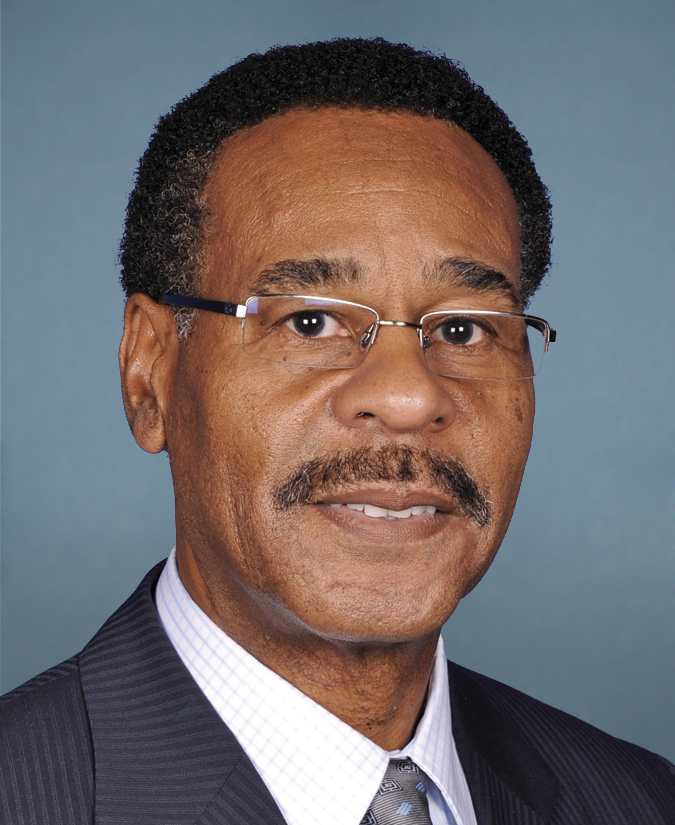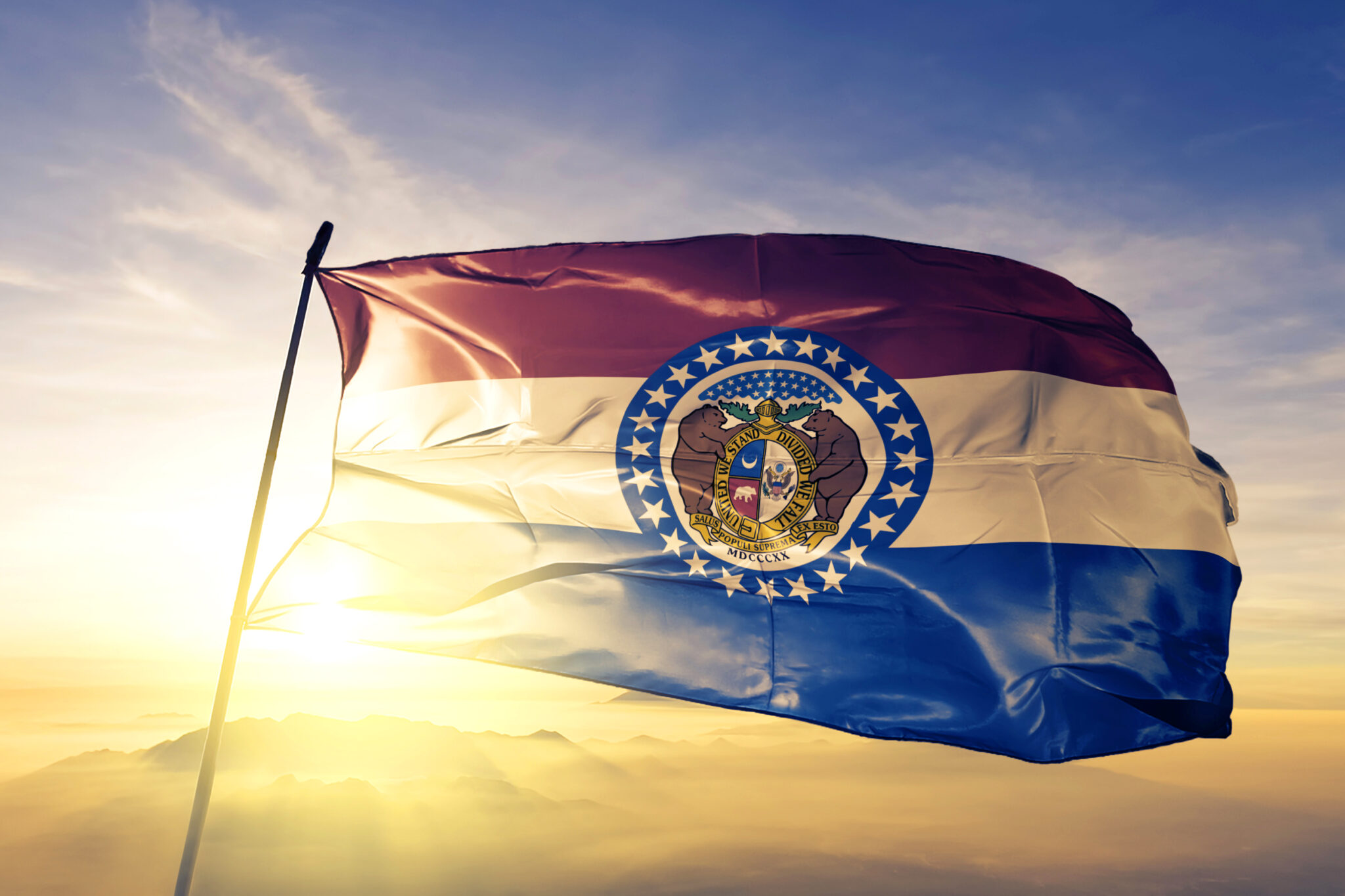
Elizabeth Orosco
Managing Editor
As the Kansas City stay-at-home order remains in effect until May 15 and non-essential businesses continue to remain closed, small businesses have been hit hard.
On Friday, March 27, 2020, the President signed into law the CARES Act, which contains $376 billion in relief for American workers and small businesses and established several new temporary programs to offer assistance.
These funding options included the Paycheck Protection Program (PPP) and the Economic Injury Disaster Loan (EIDL).
The PPP is a loan designed to provide a direct incentive for small businesses to keep their workers on the payroll. The U.S. Small Business Administration will forgive these loans as long as all employees are kept on the payroll for eight weeks and the money is used for payroll, rent, mortgage interest, or utilities.
The SBA’s EIDL provided advances of up to $10,000 to small businesses with less than 500 employees to help overcome the temporary loss of revenue as a result of the COVID-19 pandemic.
The problem, said Congressman Emanuel Cleaver, was the overwhelming response of small businesses nationwide that were asking for help.
“The lending line is clogged,” he said. “Even if we have approved this money, things are still a bit chaotic. We have had over 250,000 applications. When the small businesses went after that money, the SBA experienced an avalanche of applications and expectations.”
Another problem was that larger corporations took portions of the funding and came under heavy criticism from small businesses whom the money was intentionally meant for.
Congressman Cleaver said this is the result of these large corporations having resources, manpower, and an existing relationship with their bank that most small businesses do not have.
“If you’ve got great lawyers and a legal department, they can read these requirements and find all kinds of loopholes,” he said. “That’s what they get paid for, and so they found some. What some of the big companies did that have divisions, is have each division apply. So they wouldn’t have 500 employees.”
Some of these larger corporations included Shake Shack, Ashford Inc., and Ruth’s Chris Steak House.
In an April 19, 2020, open letter on LinkedIn, Danny Meyer, founder and chairman of Shake Shack, and Randy Garutti, CEO of Shake Shack, explained why they sought the funding and why they were returning the funds.
“Until every restaurant that needs it has had the same opportunity to receive assistance, we’re returning ours,” the letter reads.
“But before we pat them on the back for giving money back,” said Congressman Cleaver, “They only gave the money back after a barrage of criticism.”
This access to opportunity, Congressman Cleaver said, was a huge barrier for minority-owned businesses across the nation with Kansas City being no exception.
“Inequity is built into the system,” he said. “When you consider black and brown small business owners, they were excluded for a variety of reasons. One, they didn’t have relationships with big banks.”
What exactly does it mean to have an existing relationship with a bank?
Nia Richardson, assistant to the director for Small Business and Entrepreneurship at the KC Bizcare Office, said this is hard to specifically define, but it is clear when you don’t have it.
“How do you really define an existing relationship? That’s a lot of grey area,” she said. “Just because I have a bank account with you does not mean I have an existing relationship with you. After talking to the different groups, especially the minority chambers and business associations, we found out that it didn’t matter if they had a bank account. They were probably still last on the list, if at all, of getting a phone call returned to them about applying for the money.”
This, she said, is how many minority-owned businesses are passed over for funding in these situations.
“If I’m just going off of existing relationships, that’s how minorities get left out. [They] don’t have access. It seems like they were solely dependent upon the banks to even just put an application in because the money was flowing through the banks. So then it becomes an access issue.”
Congressman Cleaver said he has been working, even before the COVID-19 pandemic, to gather diversity data from banks to determine who they lend to.
With the PPP and EIDL, Congressman Cleaver said he approached Steven Mnuchin, secretary of the U.S. Department of the Treasury two weeks before voting on the package to discuss keeping records of black and brown participants in the program.
“We wanted to know how successful they were,” he said. “What they said was ‘we didn’t keep records of racial makeup of people to whom we gave loans because we thought that would be racist for us to do that,’ but it’s racist not to, because we don’t have any data. I’ve had town hall meetings over the phone with small businesses in Kansas City, particularly black, and they give horror stories about the process. The exclusion is built into the very system.”
Richardson agreed. The chasm of inequity and exclusion have been highlighted during the COVID-19 pandemic. Her office, she said, is working to compile a list of who exactly in Kansas City received funds.
“We are looking for the racial data,” she said. “The African American community is being impacted the most by this, of course, which is not a surprise, because of the inequities when it comes to healthcare. COVID19 has put everything in a spotlight of where our gaps really are. If you thought they didn’t exist because you didn’t see it in your everyday world, here it is. It’s alive, it’s well, it’s been festering, and it’s growing, and right now, COVID19 has really put that center stage. So no more excuses. If you continue to say that it doesn’t exist and it doesn’t matter, then you’re part of the problem and you’re definitely not going to give us the solution.”
Congressman Cleaver said he urges those who were not recipients of any funds in the first round to continue to apply.
“We are going to continue to fight on to get this done. I hope people who are out here struggling and trying to stay in business will go through the process and then let us know the kinds of problems they are having because there is going to be another package that comes to be considered.”
If this new package, Congressman Cleaver said, does not truly help minority-owned businesses, he said he has chosen to not vote.
“If I’m not satisfied that things are improving in relation to minority businesses, I am not going to vote for another package,” he said. “I’ll be painted as somebody who wasn’t concerned about America, not trying to help, and who put politics ahead of the greater good. I’m telling you, I represent a lot of people and some of them are wealthy and some of them are poor. Only the wealthy don’t need a representative on things like this because everything leans toward them in the first place.”
For more information, visit the Small Business Association website at sba.gov or visit KC Bizcare website at kcmo.gov/programs-initiatives/kc-bizcare.



















